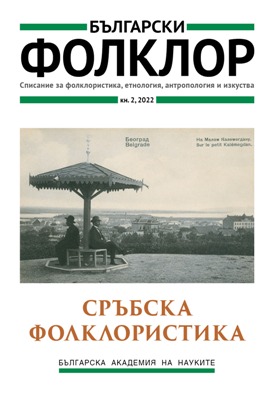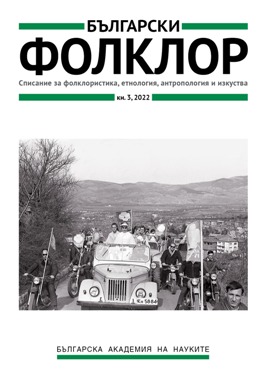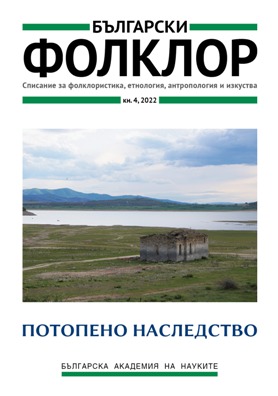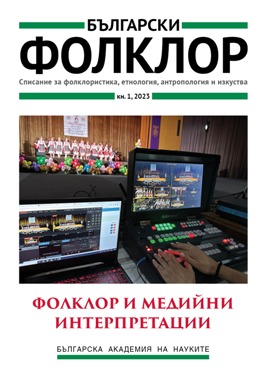
Сръбското епическо пеене в съпровод на гусла между научната тема и нематериалното културно наследство: етномузикологична перспектива
The paper presents the experience and the results of а long-term research of Serbian epics, primarily of singing to the accompaniment of gusle – the most common and preferred form of performing epic songs. Studying the tradition and the personalities proves to be important for the ethnomusicological and interdisciplinary understanding of this genre. The focus on this solo performative genre makes the relations with the guslars (epic singers who accompany their singing with gusle – a one-string bowed instrument), as primary collaborators in the research, especially intensive and complex. In relation to that, the implementation of 2003 Convention for the Safeguarding of the Intangible Cultural Heritage in Serbia is recognized as an opportunity as well as an ethical obligation of ethnomusicologists to achieve reciprocity in cooperation with guslars by supporting the safeguarding of epic singing to the accompaniment of gusle. This type of cooperation has brought new challenges and encouraged deeper reflections on social, i.e. socio-cultural responsibility and its impact on national ethnomusicology. Linking research results with cultural practice is one of the distinct challenges in contemporary humanities, so this paper in a broader sense is a contribution to the applied humanities.
More...


